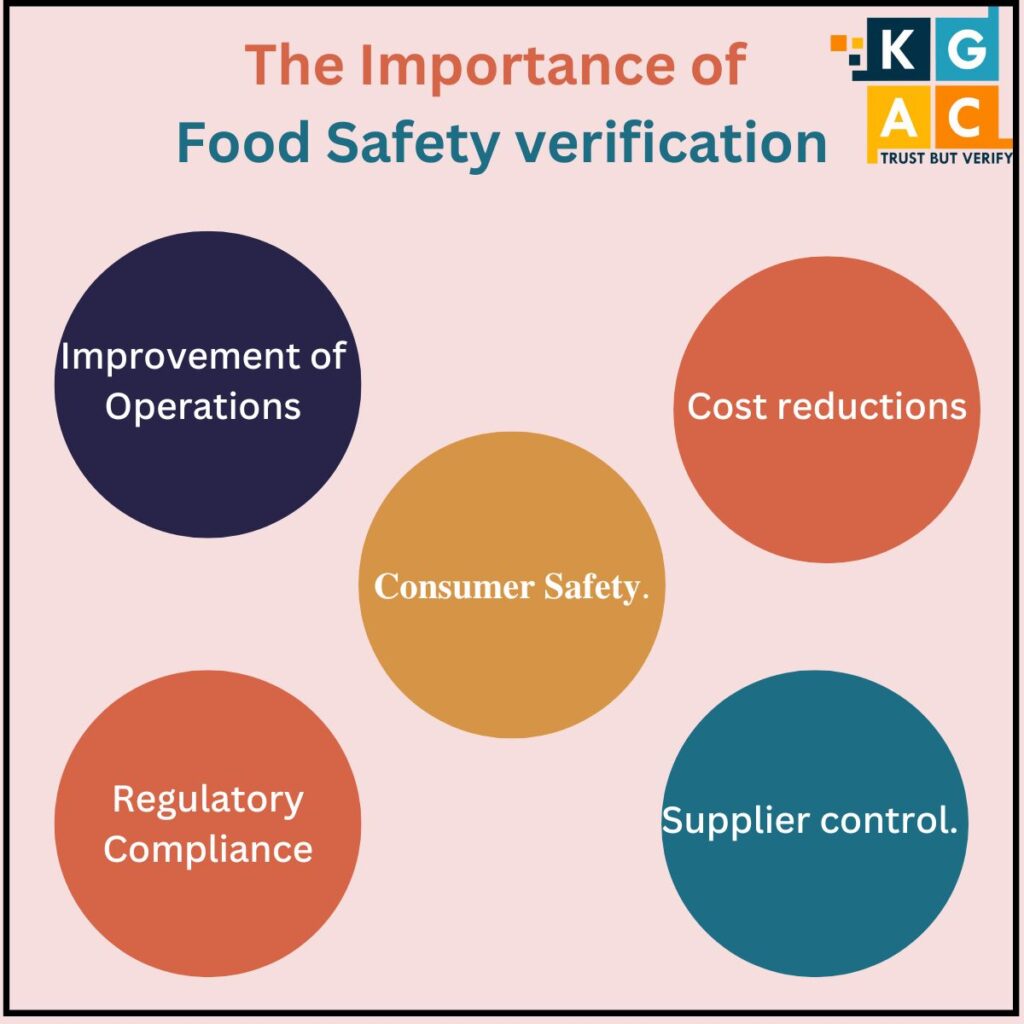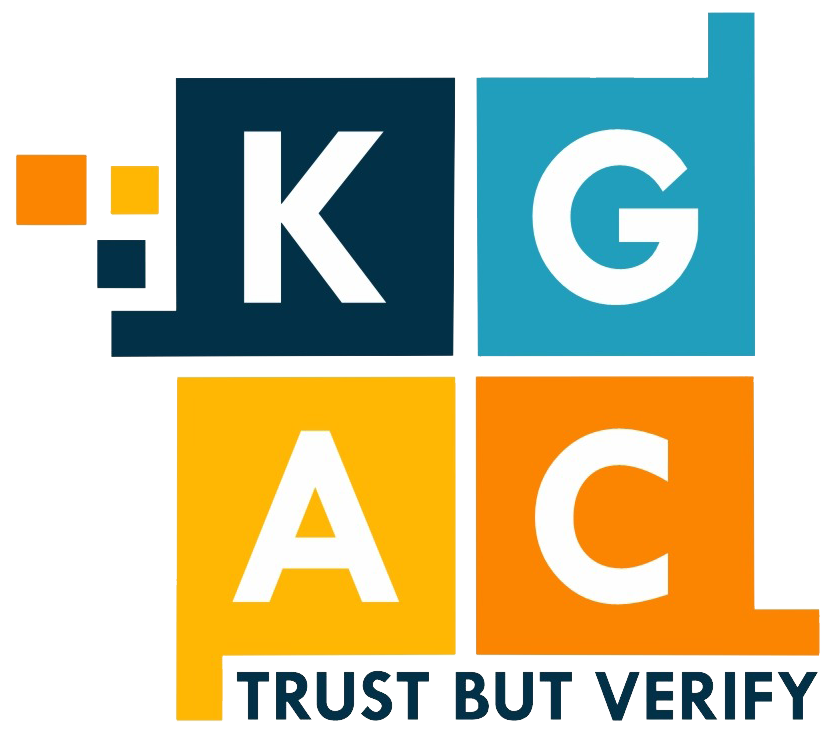
Food safety verifications play a critical role in ensuring the safety and quality of food products.
They promote accountability among food business operators and protect customers from public health threats.
𝗪𝗵𝘆 𝗳𝗼𝗼𝗱 𝘀𝗮𝗳𝗲𝘁𝘆 𝗮𝘂𝗱𝗶𝘁𝘀 𝗮𝗿𝗲 𝗶𝗺𝗽𝗼𝗿𝘁𝗮𝗻𝘁?
𝐂𝐨𝐧𝐬𝐮𝐦𝐞𝐫 𝐒𝐚𝐟𝐞𝐭𝐲:
Ensuring the health and well-being of consumers is crucial, and food safety audits play a key role in achieving this goal. These audits evaluate and confirm compliance with food safety standards, pinpointing potential hazards, control points, and areas for enhancement. These audits boost consumer confidence in businesses by mitigating the risk of foodborne illnesses.
𝗥𝗲𝗴𝘂𝗹𝗮𝘁𝗼𝗿𝘆 𝗖𝗼𝗺𝗽𝗹𝗶𝗮𝗻𝗰𝗲:
Food safety audits guarantee that food establishments adhere to the regulations and standards established by food safety authorities. Adherence to these guidelines is a legal responsibility and essential for upholding public trust and confidence in the food industry.
𝗦𝘂𝗽𝗽𝗹𝗶𝗲𝗿 𝗰𝗼𝗻𝘁𝗿𝗼𝗹:
Specifically, second-party food safety audits empower companies to assess the safety of their suppliers’ processes and products. Through these supplier audits, food businesses can verify that their upstream partners adhere to proper food safety practices, consequently minimizing the likelihood of obtaining tainted or substandard ingredients.
𝗜𝗺𝗽𝗿𝗼𝘃𝗲𝗺𝗲𝗻𝘁 𝗼𝗳 𝗢𝗽𝗲𝗿𝗮𝘁𝗶𝗼𝗻𝘀:
Food safety audits offer valuable perspectives on the strengths and weaknesses within the operations of a food business. These audits pinpoint areas that need enhancement, enabling organizations to improve their food safety management systems, processes, and procedures.
𝗖𝗼𝘀𝘁 𝗿𝗲𝗱𝘂𝗰𝘁𝗶𝗼𝗻𝘀:
Food safety audits may enhance operational efficiency, leading to the optimization of workforces and resources. The implementation of effective food safety measures can result in long-term cost reductions.
